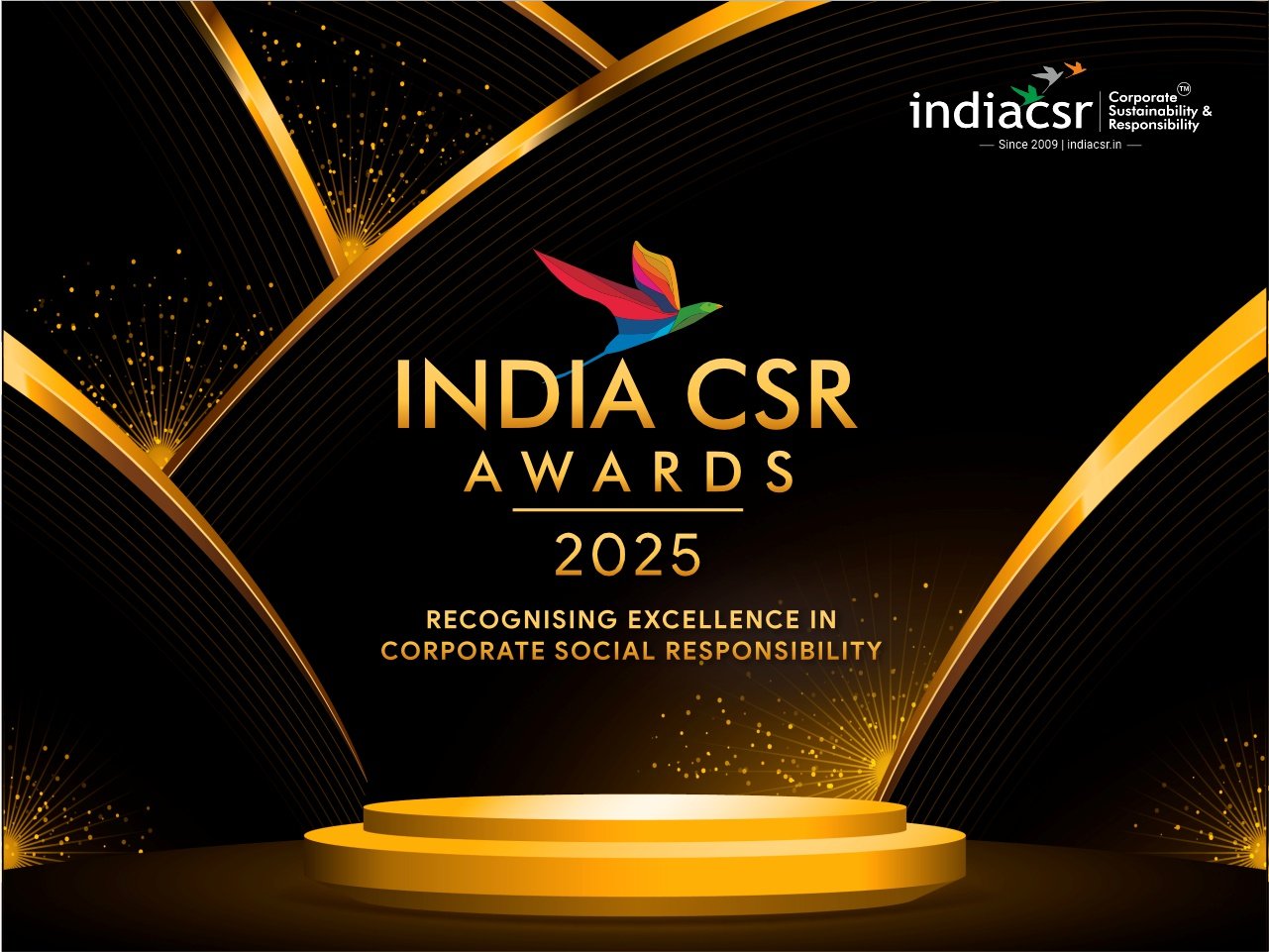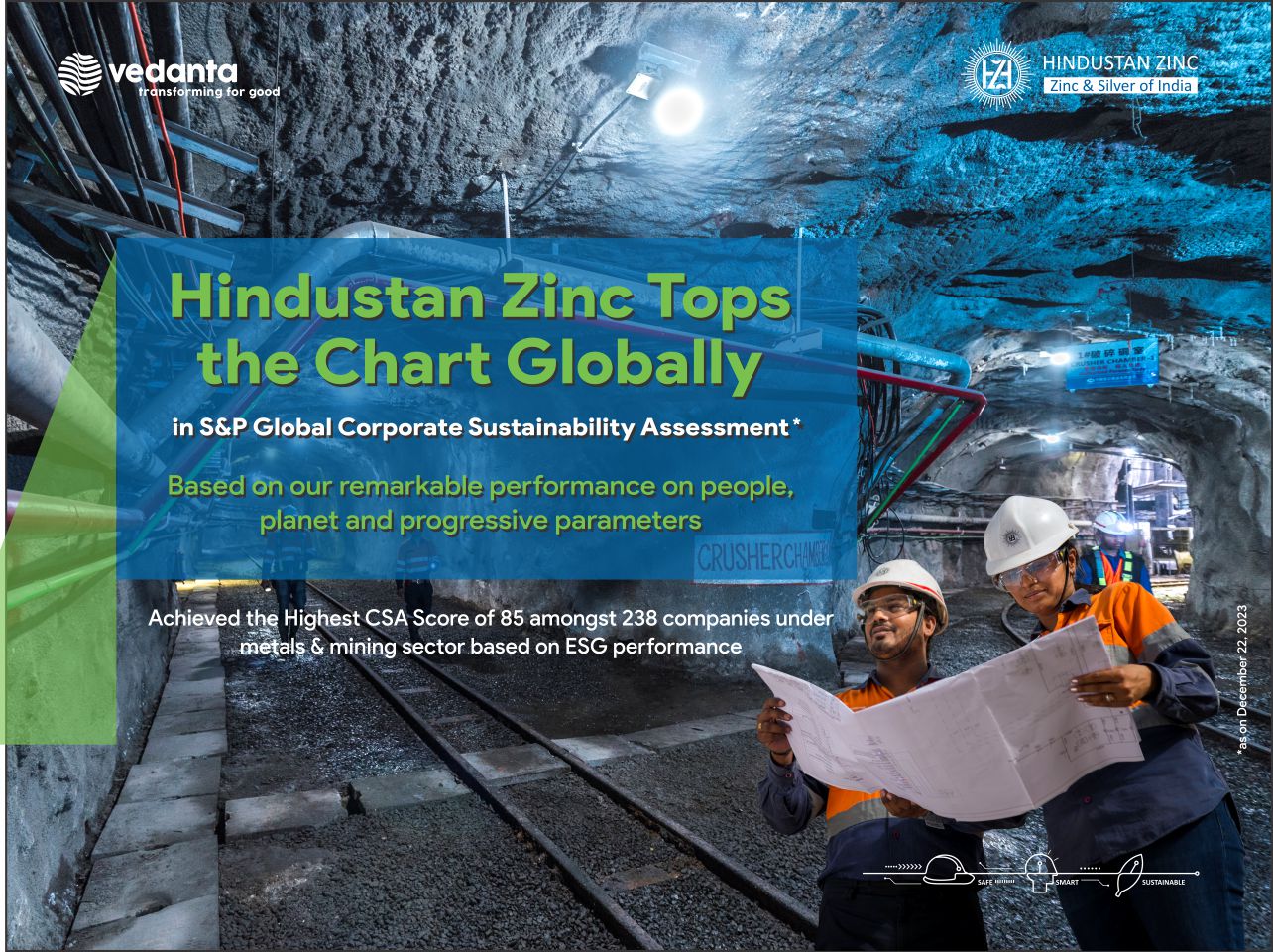In India, 50 crore people have access to less than six hours of electricity every day; 70 crore do not have access to clean cooking fuel – in such a scenario, we need to understand how to mainstream clean energy and energy access across the country. Decentralised renewable energy systems could offer the key to solving this state of energy poverty, said Sunita Narain, director general, Centre for Science and Environment (CSE) in her opening remarks at the Fourth Anil Agarwal Dialogue on Energy Access and Renewable Energy, which concluded in Delhi today.
In the concluding session of the two-day Dialogue, Union minister for new and renewable energy, Farooq Abdullah, released CSE’s Citizen’s Report on State of Renewable Energy. The report looks at the current status of renewable energy in the country, as well as the issues that plague the sector. It also puts together the policy interventions in solar, wind, small hydro, biomass and waste-to-energy sectors.
The speakers at the Dialogue included B K Chaturvedi, member, Planning Commission; Satish Balram Agnihotri, secretary, Union ministry for new and renewable energy; Ajay Shankar, member secretary, National Manufacturing Competitiveness Council; Deepak Gupta, director general, National Solar Energy Federation of India; and Gireesh Pradhan, chairperson, Central Electricity Regulatory Commission.
CSE points out that renewable energy projects can have major ecological impacts if they are installed without proper environmental assessment and management. Says Chandra Bhushan, deputy director general, CSE and the head of its renewable energy team: “Renewable energy must benefit the local community — citizens must have the first right over electricity from renewables and they must benefit from the installation of renewable energy on their land.”
Speaking at the inaugural session yesterday, B K Chaturvedi had said: “It is only fitting that we remember Anil Agarwal with a discussion on energy access, a critical area for the poorer and under-privileged segments of the Indian society. It is they who suffer the most when appropriate energy access is denied or provided poorly to them for their sustainable economic growth.”
Chaturvedi also pointed out that the highest cause of premature deaths in India is due to asphyxiation because of household air pollution caused by cooking with bio-mass. Use of dirty cooking fuel has been responsible for killing 3.5 million women and children each year, according to a 2013 International Energy Agency report. According to Chaturvedi, India holds nearly 25 per cent of the global population without electricity and 31 per cent without clean cooking fuel.























